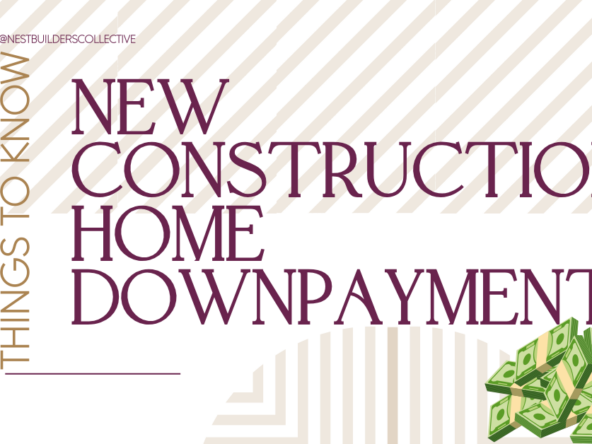Enhance your moving experience with insightful budgeting tips tailored to buyers, renters, and home sellers. Dive into our comprehensive guide, “Budgeting for a Move, Tips for Buyers, Renters, and Home Sellers,” and gain valuable insights on managing expenses associated with down payments, closing costs, utility setups, moving insurance, and more. Whether you’re transitioning into a new home or preparing to sell, this resource equips you with essential financial strategies for a seamless and efficient move.
Dive into our comprehensive guide, where we meticulously unwind the intricate threads of financial details woven into each distinct move. Our insights shine like beacons, lighting up a path that’s vivid and clear, guiding you to master the art of budgeting and financial finesse.
And here’s the enchanting part – our dedication goes beyond Houston’s city limits. If your dreams carry you far from our bustling hub, we offer a helping hand to connect you with reputable partners who’ll ensure a seamless relocation. Consider the Nest Builders Collective your dependable ally, weaving your dreams into the perfect nest, right at the heart of Houston, TX. Welcome to a family where kindness, support, and heartfelt bonds are the very core of who we are.
Costs associated with moving
budgeting for a move: for Homebuyers
When purchasing a home, the two most significant expenses to consider are the closing costs and the down payment. Picture yourself immersing in the lively world of securing your own slice of Houston paradise. It’s like joining an energetic parade where two key players take the spotlight: the down payment and closing costs. These financial powerhouses set the tone for your journey to home sweet home.
Let’s jump right in and get familiar with the concept of the down payment. When it comes to buying a home, you’ve got a range of options within arm’s reach. You could even opt for zero down, though the more common routes are the 3% FHA and the 20% Conventional programs. But hold on a second, before we start dreaming about “Zero down,” let’s take a closer look – even in this nearly-nothing-down scenario, stepping into homeownership does call for a bit of financial mojo to make things official.
Now, let’s shift our focus to the full package – the closing costs that wrap up everything needed to claim your new home. Within this package, you’ll find a mix of essentials, including the down payment, title expenses, and prepaids – think taxes and insurance – all carefully tucked away and handed over to the new homeowner, effective from the date of purchase. It’s like a well-coordinated financial arrangement crafted to ensure your transition into homeownership is not only seamless but also captivating.
>> RELATED READ :: Costs Associated with Buying a Home <<
budgeting for a move: when Selling your Home
Hey, we all know that when you’re buying a home, there are fees you’ve got to handle – it’s just part of the process. But sellers, don’t think you’re getting off the hook easily. Selling your home comes with its own set of costs to consider. It’s kind of like a balancing act where real estate commissions take the spotlight – they’re there on both sides, for the buyer and the seller, working together. And don’t forget the other players in the game – things like repairs, renovations, and the impressive show of home staging – all join forces to create a smooth operation.
Now, let’s dig into the financial details when it’s time to part ways with your place. It’s like uncovering the story behind each chapter – you’ll get the real lowdown on the expenses that come along when you pass the torch to the next homeowner. Just like peeling back layers to reveal what’s underneath, delving into these money matters gives you a clearer understanding of the rhythm that comes with bidding farewell to your cherished home.
Commission Fees: Generosity Meets Expertise
When it comes to selling your home, real estate commissions play a significant role in the financial landscape. These commissions are essentially fees paid to the real estate agents who guide you through the complex process of selling your property. While the exact percentage can vary, typically, these commissions are a percentage of the final sale price. It’s important to recognize that real estate commissions cover a range of essential services, including listing your home, marketing, negotiating with potential buyers, and managing the intricate details of the transaction.
Although negotiable, sellers typically pay both sides of the commission – for the buyer’s agent and their own agent. This structure ensures that both agents are compensated for their efforts in facilitating a successful sale. Partnering with a skilled and knowledgeable real estate agent means not only entrusting the sale of your home to an expert but also gaining access to their expertise, network, and dedication to ensuring a successful and smooth sale.
Repairs and Renovations: Unveiling Potential
Imagine your home as a realm of potential, awaiting your thoughtful touch. When you’re budgeting for a move as a seller, you take on repairs and renovations, you’re setting the stage for a real transformation. It’s a partnership between your intentions and the essence of your home. Those small imperfections find solutions, and the colors that have faded over time get a burst of fresh energy. Your home’s character connects with potential buyers, offering a warm embrace that speaks of kindness and a shared journey.
Before you unveil your home to the market, consider a few strategic upgrades. Focus on reviving the heart of your home – the kitchen – where a new coat of paint or updated fixtures can make a difference. Need to address those creaky floorboards? It’s worth a fix. A new roof or a modernized bathroom can also catch a buyer’s attention. With the guidance of a seasoned real estate agent, these changes can smoothly integrate into your home’s story, enhancing its appeal and value.
So, as you set out on this thrilling adventure, keep in mind that every choice counts. From the minor repairs to the well-planned renovations, each decision adds to the narrative of your home, creating a space that resonates with potential buyers and sets the scene for a successful sale.
Staging Costs: Setting the Stage for Vibrancy
Picture your home stepping onto a vibrant stage, fully prepared to captivate and amaze. Through skillful staging, it transforms into more than just a house – it becomes a narrative waiting to unfold. Staging goes beyond mere aesthetics; it’s about crafting an immersive encounter, forging an emotional bond that ignites delight and anticipation in potential buyers.
But here’s where the enchantment deepens: staging isn’t just a behind-the-scenes trick for a quick sale. It possesses a remarkable ability to generate a flurry of interest. Imagine a whirlwind of offers swirling like confetti, all eagerly vying for the chance to claim your enchanting haven. It’s akin to an exhilarating auction, where everyone desires a piece of the captivating ambiance you’ve cultivated.
Benefits of home staging abound. Beyond accelerating the sales process, staging infuses your home with a sense of purpose and vision. It helps potential buyers envision themselves living in the space, fostering an emotional connection. Moreover, staged homes often fetch higher offers as they showcase the property’s true potential, leaving a lasting impression that sets your home apart in the competitive market.
>> RELATED READ :: Staging a Home to Sell<<
Move-Out Cleaning: Departing with Grace
As you gear up to say your farewells to your cherished home, there’s a final touch of thoughtfulness and kindness that awaits. Imagine it as an earnest hug, a move-out cleaning that leaves your home radiant and refreshed – a tangible reminder of the love and attention you’ve poured into every nook and cranny. This gesture resonates, extending a hospitable invitation to potential buyers as they embark on their new journey.
Getting a move-in or move-out clean for your home is more than just a courteous farewell. It’s like presenting a clean slate, allowing the next occupants to start their chapter with a spotless canvas. A thorough cleaning ensures that your home is at its best, highlighting its true charm and creating a positive first impression. From sparkling windows to freshly scrubbed floors, the effort you put into this cleaning translates to a welcoming atmosphere that potential buyers will appreciate.
Remember, sometimes a professional cleaning may be outlined in the contract, so make sure you review the details to ensure you’re fulfilling your agreed-upon responsibilities. This extra step not only demonstrates your consideration but also contributes to a seamless transition for the new occupants, leaving behind a legacy of care and hospitality.
budgeting for a move : for Renters

Whether you’re renting an apartment, house, townhome/condo, or a home owned by an individual or company, there are associated fees that warrant your attention. As you venture into the realm of renting, it’s important to consider several key expenses. These encompass the initial payment of the first month’s rent, the security deposit designed to ensure the preservation of your landlord’s property, application fees that streamline the leasing process, and the strategic choice to invest in renters insurance to safeguard your personal belongings. Together, let’s delve deeper into the intricacies of each of these financial elements, empowering you with the knowledge needed to make well-informed decisions while you establish yourself in your new rental home.
Application Fees
When budgeting for a move into a new rental property, whether it’s an apartment, townhome/condo, or single-family home, it’s crucial to be mindful of application fees. These fees are a standard part of the renting process and are typically collected by landlords or property management companies to cover the costs associated with reviewing your rental application. They often encompass background checks, credit checks, employment verification, and other administrative tasks required to assess your eligibility as a tenant. While application fees can vary depending on the property and location, they serve as an important step toward ensuring that prospective tenants are qualified and compatible with the rental community. Being aware of these fees and understanding their purpose helps you approach your rental search with clarity and transparency.
Security Deposit
As a renter, you’ll need to allocate funds for the security deposit, usually equal to one month’s rent, which is refundable at the end of the lease if there is no damage.
First Month’s Rent
Be prepared to pay the first month’s rent upfront before moving into your new rental property.
Renter’s Insurance
While not always mandatory, renter’s insurance is a wise investment to protect your belongings in case of theft, fire, or other unforeseen events.
General Moving Expenses for Everyone
When you’re budgeting for a move, it’s essential to consider a range of general expenses that can arise during this transitional phase. Beyond the obvious costs like rent or a down payment, there are numerous other factors that can impact your financial planning.
Utilities
Utility setup fees are often overlooked but should definitely be factored in. Connecting utilities in your new place, such as electricity, water, and internet, can come with initial setup fees that vary depending on your location and service providers. Allocating a portion of your budget to cover these fees ensures a seamless transition into your new home without any unexpected disruptions.
Rental Insurance
To safeguard your belongings as you make the move, think about investing in moving insurance. This is especially important if you possess valuable or delicate items that require extra protection during transportation. By factoring in moving insurance costs, you’re proactively safeguarding your possessions against any potential mishaps.
Professional Movers
Moving services can also make a significant dent in your budget. If you opt for professional movers, it’s wise to request multiple quotes and compare prices to secure the best deal. Additionally, consider any supplementary services they offer, such as packing assistance, and make sure to include these in your budgeting calculations.
Packing Supplies
Don’t overlook the basics of packing supplies. While it might seem like a small expense, stocking up on essentials like packing boxes, bubble wrap, packing tape, and markers can accumulate. Properly securing your belongings with the right supplies is crucial to preventing damage during the move.
Professional Movers
As you plan your move, the question of whether to go the DIY route or hire professional movers arises. While a DIY move might appear more cost-effective, keep in mind that professional movers can significantly streamline the process and handle heavy lifting, which can be particularly beneficial if you have larger items or a long-distance move.
Temporary Storage
Temporary storage might also be a consideration. If you require a place to stow your belongings during the transition, budget for the cost of renting a storage unit or a PODS container. This ensures your items are safe and secure while you navigate the complexities of moving.
Transportation Costs
Transportation costs are another factor that can impact your budget. Whether it’s gas, tolls, or even accommodation if you’re undertaking a long-distance move, these expenses can add up quickly.
Lastly, remember the administrative aspects of moving, such as change of address fees. Updating your driver’s license, making mailing address changes, and notifying utility companies of your move can incur fees that are important to include in your budgeting strategy. By thoughtfully considering these general expenses, you’ll be better equipped to manage your finances and make your move a smooth and successful transition.
Moving requires careful planning and budgeting, regardless of whether you’re buying, renting, or selling a home. By considering all potential expenses, comparing prices, and being mindful of your budget, you can make your move a smoother and more financially manageable process.
Happy moving!









